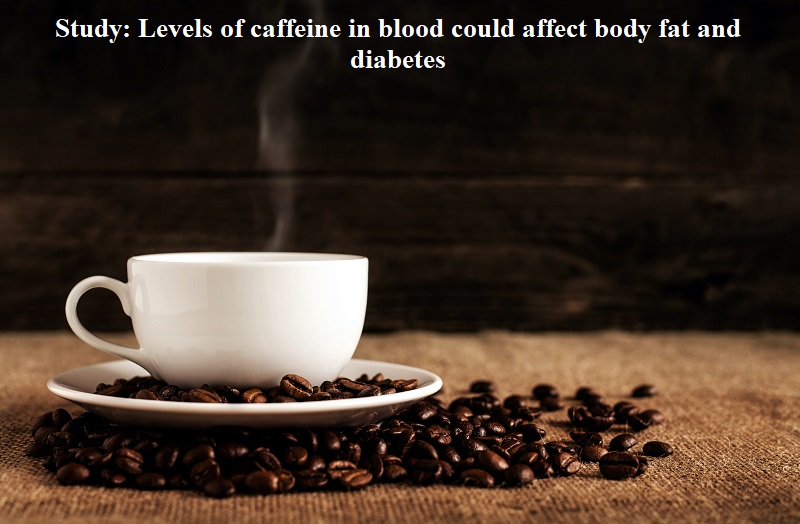
A recent study suggests that the levels of caffeine in the bloodstream could potentially influence the amount of body fat a person carries, consequently impacting their susceptibility to type 2 diabetes and cardiovascular diseases.
Researchers hailing from the Karolinska Institute in Sweden, the University of Bristol in the UK, and Imperial College London in the UK have proposed that calorie-free caffeinated beverages might offer a viable avenue for reducing body fat.
In their paper, the researchers noted, “Higher plasma caffeine concentrations predicted by genetics were linked to lower BMI and overall body fat mass.” Additionally, they observed that genetically higher caffeine concentrations were associated with a reduced risk of type 2 diabetes. Approximately half of the impact of caffeine on type 2 diabetes risk was found to be mediated through BMI reduction.
Drawing data from nearly 10,000 individuals sourced from existing genetic databases, the study honed in on genetic variations in or near specific genes that govern the rate at which caffeine is metabolized. Genetic variations affecting genes such as CYP1A2 and its inhibitory counterpart AHR lead to a slower breakdown of caffeine, allowing it to linger in the bloodstream for an extended period.
Employing a technique called Mendelian randomization, the researchers aimed to uncover potential causal links between the genetic variations, health conditions like diabetes, body mass, and lifestyle factors. Their findings unveiled a significant correlation between caffeine levels, BMI, and the risk of type 2 diabetes. However, no direct association was identified between blood caffeine levels and cardiovascular ailments like atrial fibrillation, heart failure, and stroke.
While previous studies have suggested a moderate increase in caffeine consumption could positively impact heart health and lower BMI, it’s crucial to acknowledge that caffeine’s effects on the body are multifaceted. This underscores the need for caution when assessing its consumption benefits.
The researchers cautioned that while short-term trials have indicated caffeine’s potential for reducing weight and fat mass, the long-term consequences remain unknown. Given the widespread global consumption of caffeine, even subtle metabolic effects could carry significant health implications, they stated in a paper published in BMJ Medicine.

Post Your Comments